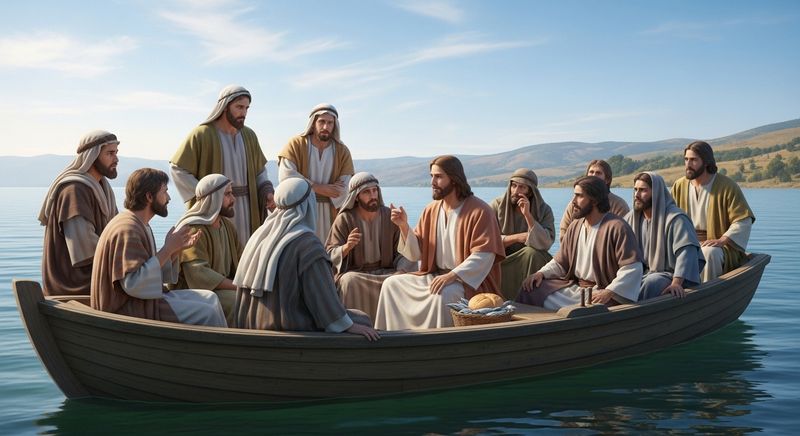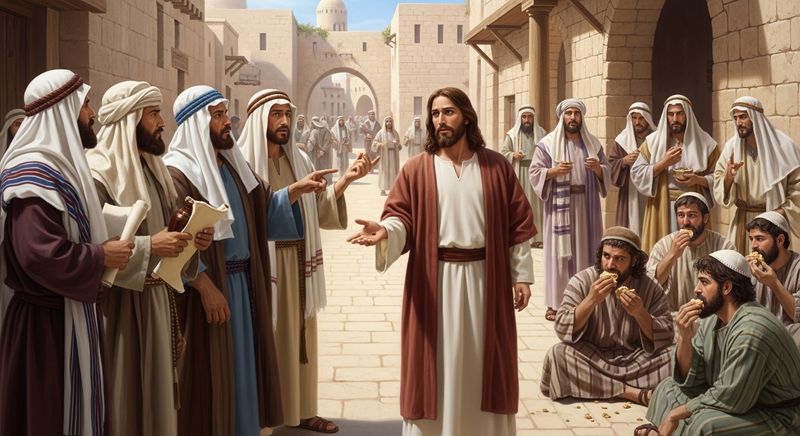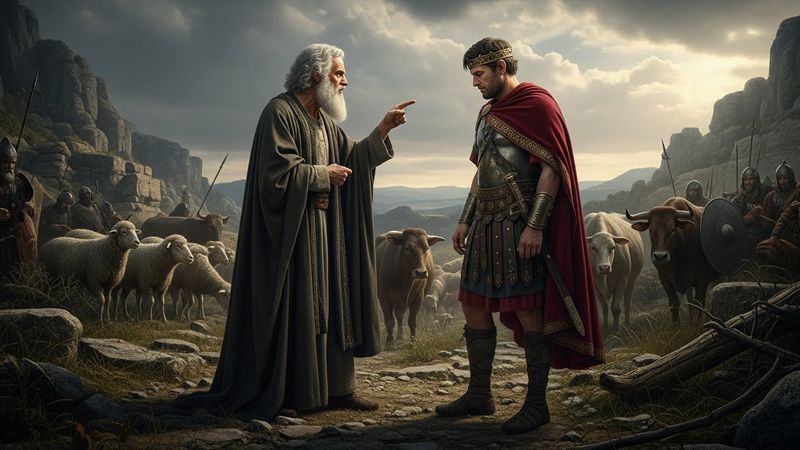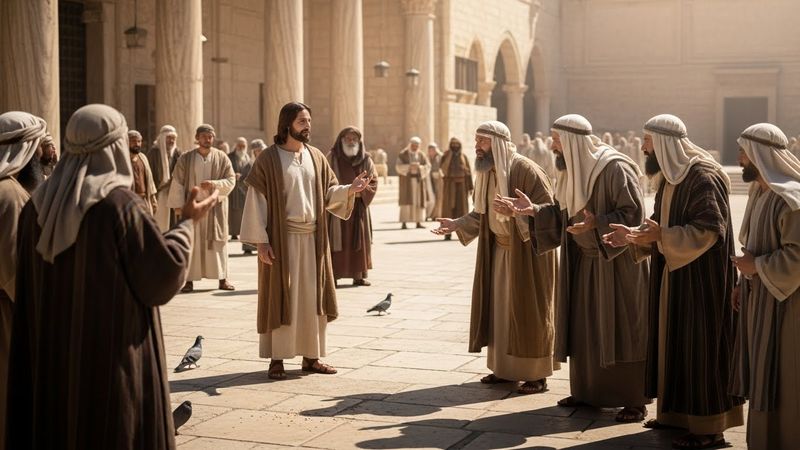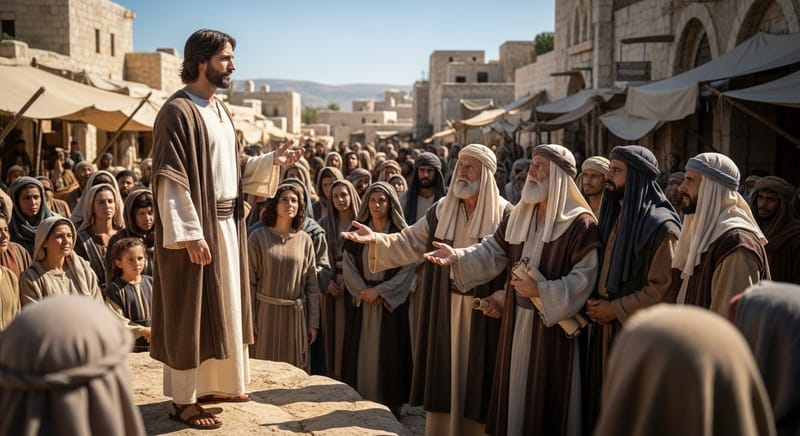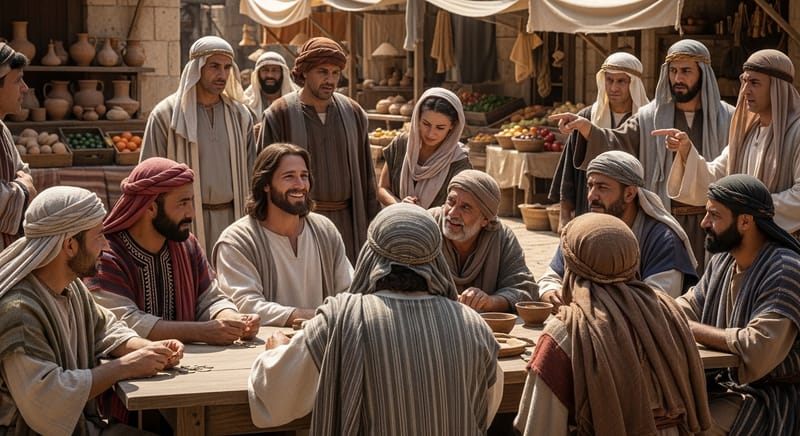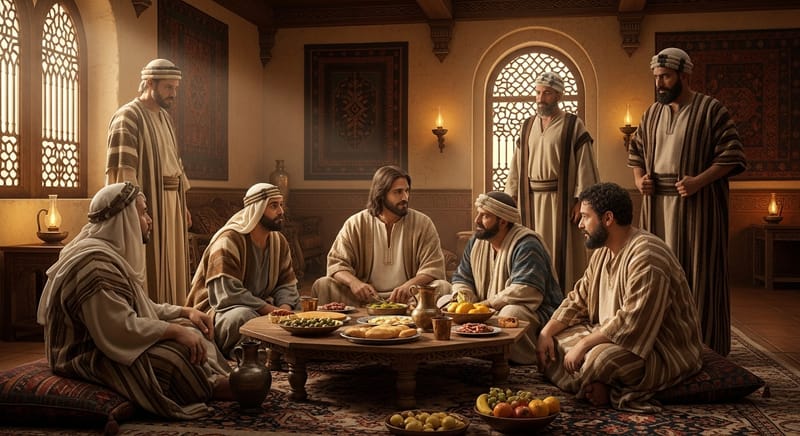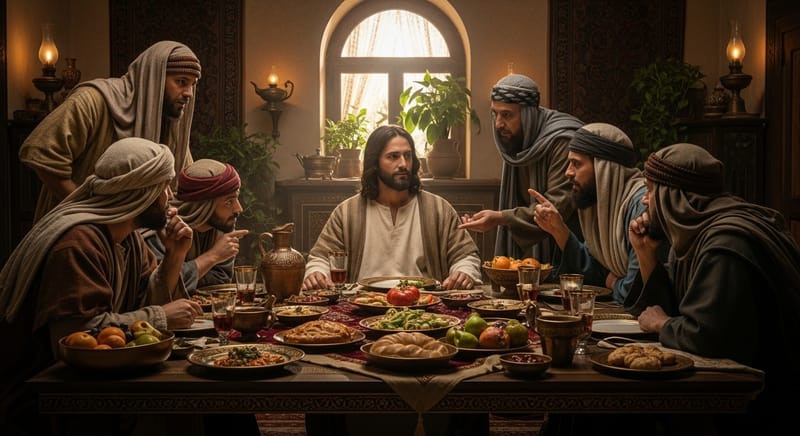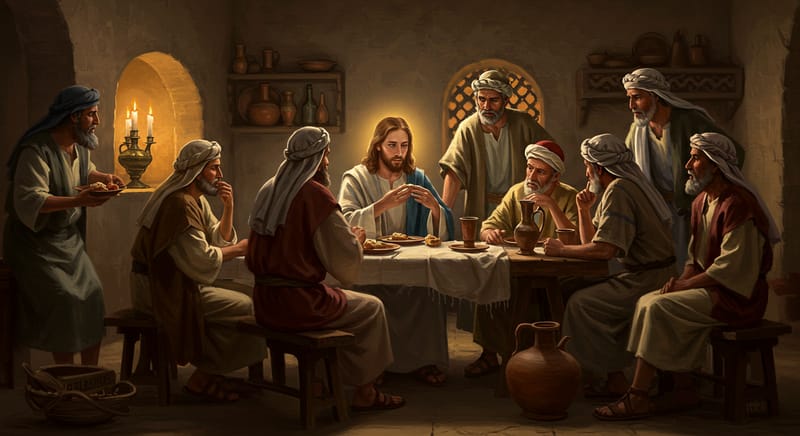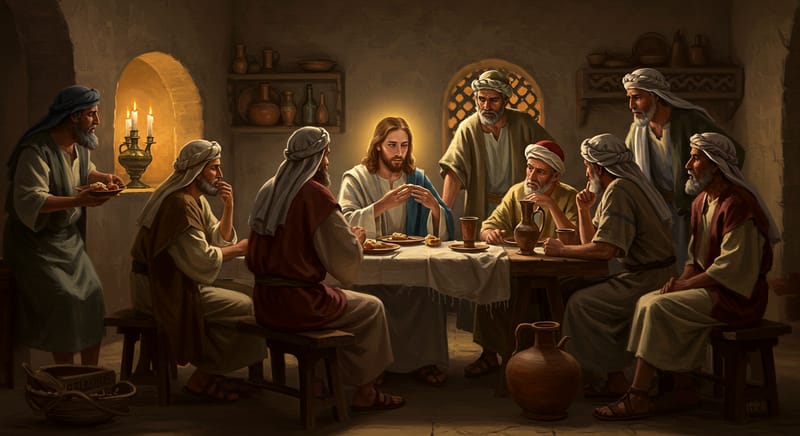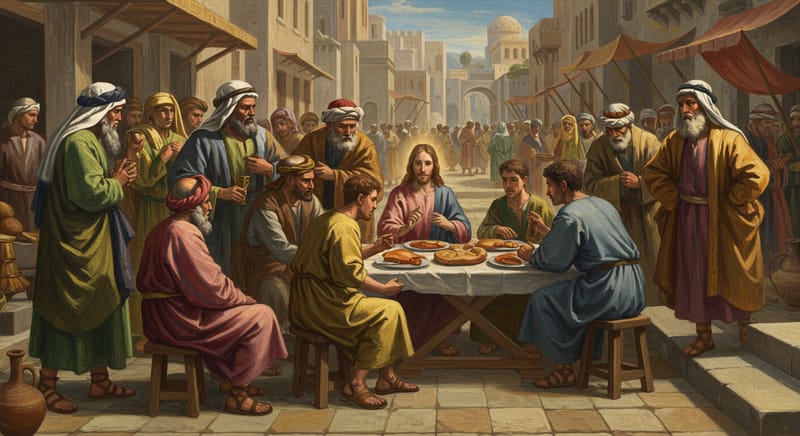DAILY HOMILIES #pharisees
Since our temptations come from our insatiable desires, the best way to weaken their power over us is to create new desires. After fasting for forty days, Jesus was hungry, so hungry that he felt like misusing His divine powers. Jesus resisted because His desire for our salvation outweighed His desire for food. How deep is your desire for sainthood? Whatever you hope to achieve, you must desire it passionately. You cannot fight sin unless you truly hate the object of that sin. For instance, we lie to ourselves, saying, “I will stop doing this” Meanwhile, whenever we see it, we secretly crave it.
Read MoreIn the words of St. Augustine: “God will never let his children suffer except if such suffering is ultimately for their good.” Every time you face trials, know you are on the verge of a breakthrough. Something great is coming your way; you only need to pass this test. Trials are like promotion exams we take before moving up. St. James says, “Count it all joy when you meet various trials.”
Read MoreHypocrisy is condemning others (making them feel less in public) while committing greater sins. The Pharisees were quick to accuse Jesus and his disciples of not washing their hands. Meanwhile, their hearts were full of corruption and evil. Jesus gave the example of two men who prayed in the temple. One praised himself for all the good he had done, but his prayer did not reach God. The other man, accepting his faults, begged for mercy and went home justified. (Cf. Luke 18:10-14). Instead of pointing fingers (or calling people names), be the change. Instead of washing the dirty linens of others on social media, be a true Christian.
Read MoreLet us resolve this week to be new in thoughts, words, and actions. Let us strive to put sin aside and live a new life in Christ. Whatever represents darkness in your life should not continue this new week. Are you used to disobeying one or a few of God’s commandments? You cannot suddenly repent because you desire to; you must change the skin to accommodate the new wine. In other words, we cannot do the same thing and expect a different result. You must change your tactics; you must cut off any relationship or attachment that constantly pulls you to sin.
Read MoreThe chief priests and Pharisees doubted Jesus, but as today’s first reading shows, Jesus is truly the Messiah. Truth does not force itself on anyone; it does not depend on how we feel about what we choose to accept. Truth is truth, regardless of whatever anyone thinks. Yes, Jesus is God.
Read MoreThe wise person is not worried about when the world will end because they are ready at any time to give an account of their life to God. Jesus says, “The kingdom of God is in your midst.” In other words, the best time to prepare for God’s kingdom is now. It is here already. There is no point in procrastinating goodness. Be the best version of yourself today. Practice wisdom; do not be carried away by the foolishness of those who practice worldly wisdom.
Read MoreTo kill a rat, you must think like a rat; to win a sinner to repentance, you must come to their level. This is precisely what Jesus did. He risked his reputation (to the extent that he was nicknamed a glutton) to save the lost souls. If we are genuinely interested in winning souls, we will never condemn or write off anyone. No matter how much evil a person has done, they still have something good in them.
Read MoreAnd behold, out of the blue, a man with dropsy arrived at the banquet hall. Would Jesus turn a cold face towards this man and pretend not to care? Or would he go out of his way to heal this man on the Sabbath? The wise Jesus looked at the scenario and decided to teach everyone a lesson in love. Jesus asked them: “Is it lawful to heal on the Sabbath, or not?” meaning, “Does the Sabbath law forbid anyone from performing an act of love?” They pretended not to get the message by keeping quiet.
Read MoreIf I can keep God’s commandments or overcome temptations, I must learn to thank God because, left to my power, I can do nothing. All this boils down to the fact that we must avoid passing judgment on others while boasting about our goodness. Nevertheless, it is different when we correct others in love. This is what we see in today’s Gospel passage.
Read MoreAt the heart of our readings is a deep call to an examination of conscience. Am I guilty of the evils which I point out in others? Do I laugh at people in public for committing the sins which I do in secret? Am I more concerned about maintaining a good public image than maintaining a strong relationship with God?
Read MoreImmorality and evil in our world today are simply a direct reflection of the fact that people no longer believe God exists. It is foolish to say God does not exist. It is even greater foolishness to disobey God’s commandments, to live as though there is no authority guiding your life.
Read MoreBe a good person; forget about trying to please human beings (avoid hypocrisy). Just as God fought for Joseph and many others like him, God will fight for you. Those who try to kill you by giving you a bad name will start speaking in your favour.
Read More